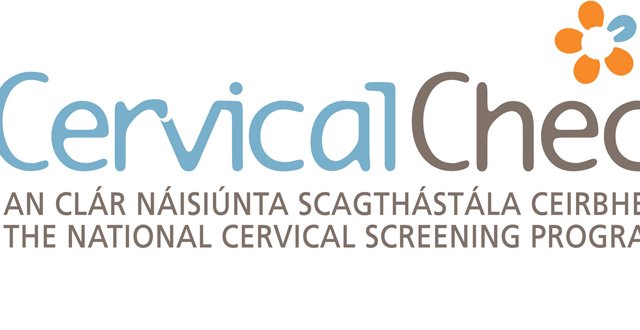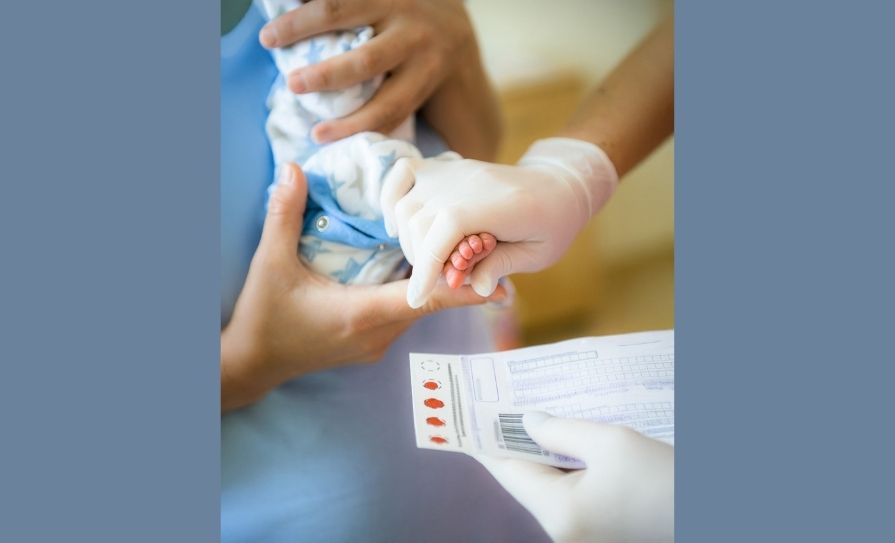More than 100 HSE actions developed on foot of recommendations made in reports by Dr Gabriel Scally following the CervicalCheck controversy have been completed. The HSE was given responsibility for 116 out of the 170 actions arising from 58 recommendations in Dr Scally’s reports. To date, it has completed 105 actions, leaving 11 outstanding for completion, a HSE spokesperson told the Medical Independent.
The progress comes as the HSE prepares to introduce human papillomavirus (HPV) cervical screening at the end of March, which the Scally review noted would “significantly improve the accuracy of the screening process, increasing the chances of more cancers being prevented due to the detection of early changes”. The HSE says “significant resources” have been allocated to the HPV project, including communications, quality assurance, and laboratories.
But healthcare professionals have criticised the HSE for failing to increase staffing and facilities in advance of the introduction of HPV screening, a move which the Scally review said would “lead to more unnecessary referrals for further investigation”.
Under the new screening programme, at the first test women who are positive for HPV will either be tested again in 12 months’ time or referred to colposcopy for further investigation. According to a HSE spokesperson, the CervicalCheck programme is supported directly by 37 staff working in clinical, technical, managerial and support roles in both Limerick and Dublin, up from 29 in January 2018. HPV testing is being introduced after it was recommended in a 2017 HIQA health technology assessment. Information distributed to GPs by CervicalCheck in recent weeks states that in January, the programme ceased sending invitation letters to women to participate in the screening programme, with the exception of women who required a 12-month recall or a “failsafe” letter.
Once HPV screening gets underway on 30 March, CervicalCheck will recommence issuing invitation letters.













Leave a Reply
You must be logged in to post a comment.